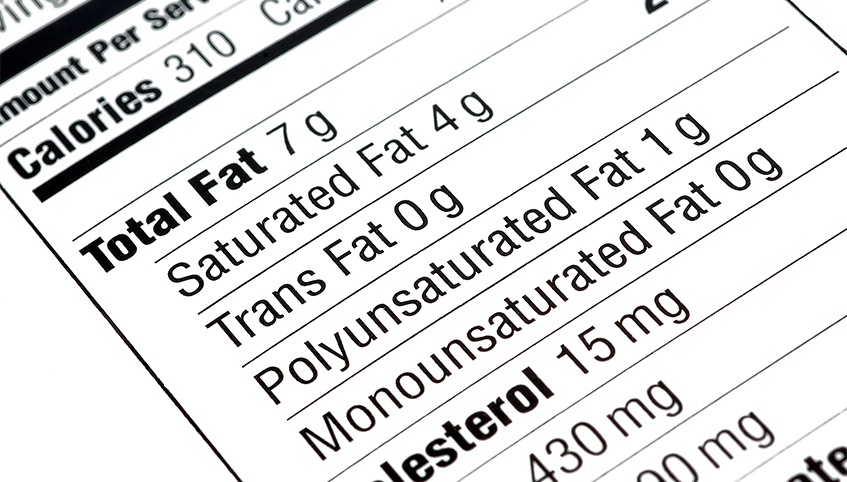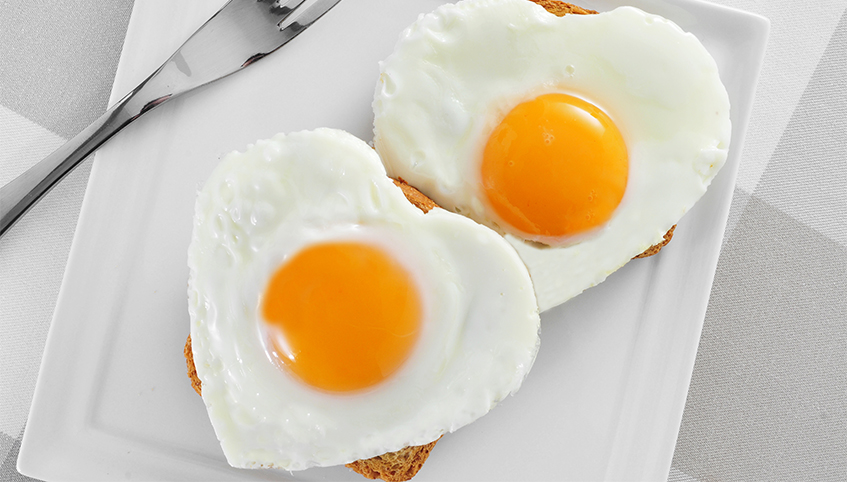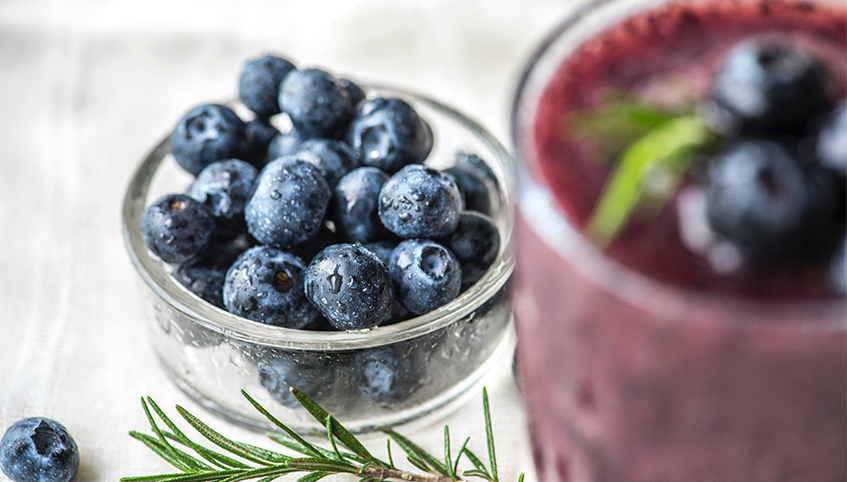October 03, 2017
Research that links skipping breakfast to a higher rate of clogged arteries has some longtime breakfast-skippers revisiting the idea of the morning meal.
The study published in the Journal of the American College of Cardiology found higher rates of noncoronary and generalized atherosclerosis among people who skipped breakfast than people who had larger meals. Atherosclerosis can lead to heart attack, stroke and other serious health problems.
"Our findings highlight the message of the importance of healthy eating, including an energetic breakfast," wrote Prakash Deedwania, MD. "Breakfast is the first meal of the day, and it is generally believed to be the most important meal because it provides balanced and nutritious food rich in fiber, vitamins and other nutrients."
Experts believe as many as 30% of adults regularly skip breakfast. While many may think eating one fewer meal will help them lose weight, researchers found it wasn’t the case.
"People in the breakfast-skipping group overcompensated by increasing their energy intake at lunch," wrote Deedwania. "Additionally, they made poor dietary choices with excessive consumption of red and processed meat, appetizers, sweetened beverages and alcohol, and lower intake of fruits, vegetables and fiber."
Intermittent fasting can have some anti-inflammatory and anticancer benefits, but reducing food intake beyond the body's metabolic rate will slow that rate down.
The study also examines preteens and teenagers who seldom ate breakfast. Those in that group showed higher cholesterol, blood pressure, triglycerides and body mass index among peers who ate breakfast more often.

But the study did not find that skipping breakfast is what directly causes arteries to clog – it may just be one piece of poor health practices overall. Researchers found that people who skip breakfast are also more likely to smoke, drink alcohol, avoid exercise and eat junk food, especially late at night.
“People who skip breakfast might be more likely to be late-night eaters,” said Dr. Leigh Wagner, formerly of The University of Kansas Health System. “Late-night eaters might be more inclined to eat junk food.” Consuming calories just before bedtime doesn’t give the body enough time to regulate hormones and burn stored fat. Late night snacks often consist of fast food, ice cream, candy and chips.
Wagner said having the right kind of breakfast is also important.
Wagner said many high-carb breakfast foods, such as bagels and muffins, will cause blood sugar levels to spike and crash – making you crave food again sooner.


Time is often a factor in whether someone skips breakfast. It’s hard enough to shower, dress, get kids ready for school and get out the door on time without adding extensive meal preparation to the mix.
Wagner said reheating leftover lunches or dinners could be a way to save time and still enjoy the type of fiber-rich meal that won’t lead to a midmorning blood sugar crash.
Wagner said it may be hard to convince some longtime breakfast skippers to pick up the habit now. She said breakfast-skippers who find themselves eating junk food before bed might want to see if morning meals can wean them off the late-night habit.
We offer a variety of appointment types. Learn more or call 913-588-1227 to schedule now.